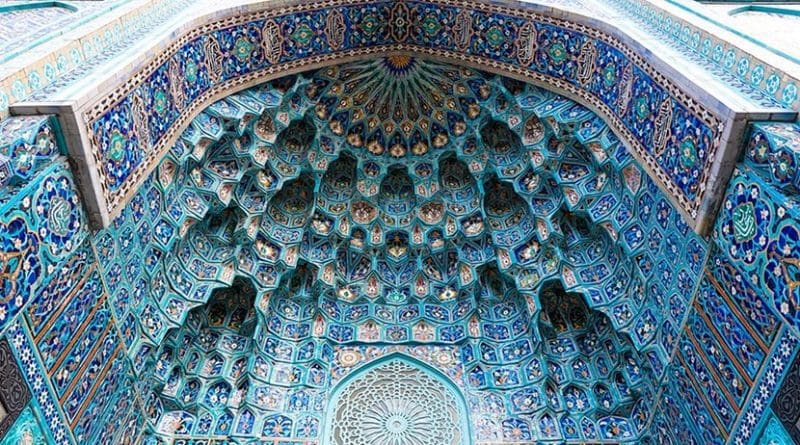Muslim Parishes In Russia Again Refusing To Register
By Paul Goble
At a time when the Russian media have focused on the possibility of greater union among that country’s Muslim spiritual directorates (MSDs), another trend in the Russian umma has passed largely unnoticed; but it may ultimately prove more important for that country’s Muslims and for the ability of either the state or the MSDs to control them.
An increasing number of Russia’s Muslim parishes are electing not to register with the Russian government as the law requires or to subordinate themselves to any MSD, thus making their activities far more autonomous and effectively recreating the Soviet-era division between “official” and “unofficial” Islam.
In Soviet times, many Muslim believers refused to register their communities with the state, something that was often difficult if not impossible, or to cooperate with the MSDs, institutions that they frequently and reasonably viewed as adjuncts of the state in its efforts to control the faithful and to reduce Islam from a way of life to ritual.
While those who refused to register were often persecuted by the government for their activities, their communities often were the most vibrant part of the Islamic umma. And when it became possible for them to operate more openly and officially, they were the source of much of the dramatic increase in the number of mosques in the Russian Federation.
Moreover, in the new post-Soviet reality, many of these parishes were willing to work with and even subordinate themselves to the MSDs, viewing these organizations as no longer quasi-state agencies designed to limit Islam but rather as relatively independent bodies interested in promoting that.
Now, there is evidence that this is changing. In a recent interview, Galimzhan Bikmullin, the mufti of the Tyumen MSD, said that the number of officially registered Muslim communities in the southern part of his district had fallen from 81 to 48 since 2003 but that “in fact,” the number operating there has not declined but increased (www.islamnews.ru/news-23366.html).
All the mosques and parishes that existed seven years ago are operating, he said, and new organizations and mosques have appeared. But Bikmullin said, “certain of them have refused to get official registration and are operating as religious groups,” a distinction that exists in Russian law but that is often blurred by official actions.
Others of the 53 which have disappeared from the official list, he continued, are in the stage of “official re-registration,” a process that is made more difficult because “with each year, the laws all are changed and made more complicated.” Thus, we are not able to respond to them, especially regarding mosques in distant districts.”
“If earlier in the course of a single month, we could re-register all Muslim organizations, then now to register a single community can take several months,” Bikmullin said. And not surprisingly, many Muslim parishes are giving up, in effect severing any ties with the state and even with the MSD.
In other comments, Bikmullin makes it clear that the efforts to promote MSD unity may themselves prove counterproductive for cooperation. He indicated that he would not sign on to the coordination council that the three main MSDs have agreed to form and has no plans to cooperate with those associated with Talgat Tajuddin’s Central MSD.
Instead, the Tyumen mufti says, he will concentrate on developing the Tyumen MSD, strengthening its educational facilities – it is the only Muslim organization beyond the Urals which has a licensed medressah – and opening a cathedral mosque in the capital and more mosques in the rural areas.
But even as he does this, the mufti conceded, he faces divisions within the Muslim community between the indigenous Tatars and Kazakhs and those arriving from Uzbekistan and Tajikistan. Consequently, talk about top-down unification of the umma in Russia is at a minimum premature and more likely will only distract attention from this new diversity.

